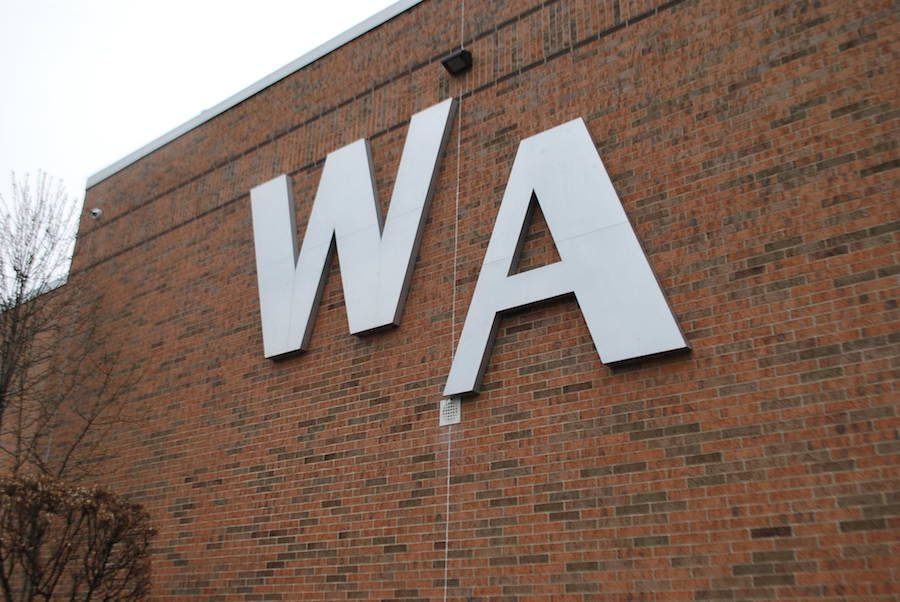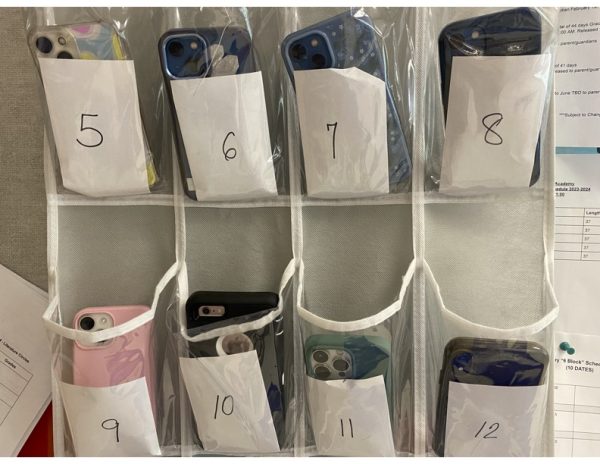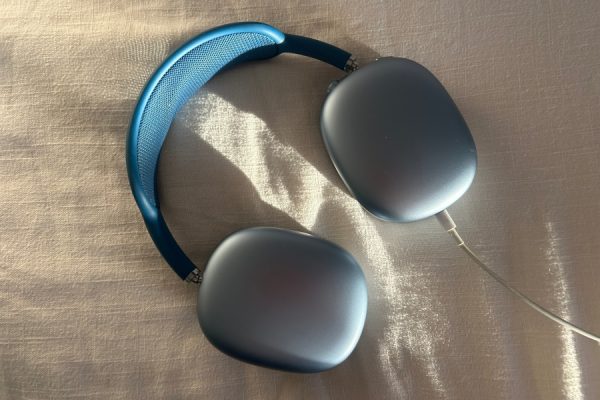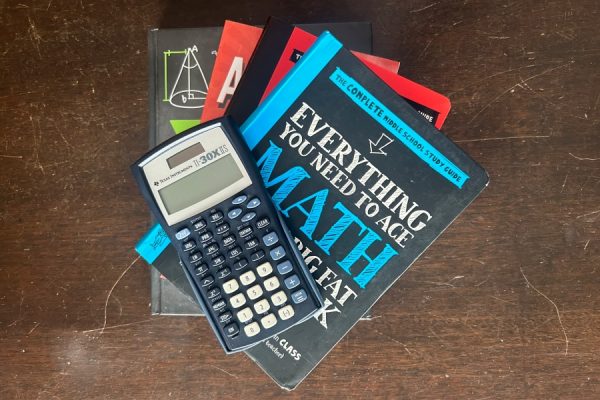Challenge Success has room for improvement at WA
January 23, 2019
Last year, Westford Academy joined a year-long program called Challenge Success, a program out of Stanford University focused on alleviating student stress and redefining what success is. Utilizing data from their Challenge Success survey conducted the year before, WA began to implement changes in line with Challenge Success’s mission.
As a student who has been in school throughout WA’s implementation of Challenge Success, I can say that while I appreciate and agree with Challenge Success’s goal, I do think that there are ways we can improve.
One example is the new homework policy at Westford Academy that is well-intentioned and meant to help us, as students have a more manageable workload by capping CP and Honors courses at 30 minutes per night, and AP courses at 4-5 hours per week. These limits targeted results found in the Challenge Success survey, which that found 58% of students believed that they had ‘too much’ homework, as well as a large portion of students believing that they had at least some form ‘busywork’ or ‘unmeaningful work’.
While this policy does significantly change the amount of nightly assigned work students receive, it does not account for time spent studying or doing projects, which is something that often accounts for a substantial amount of after-school work students do.
Though the policy makes sense, and in my opinion, is pretty reasonable, it often is difficult for teachers and students to come to an agreement regarding how much work falls within the policy’s parameters. This can be remedied with a survey or forum at the end of each quarter for anonymous feedback.
I propose that teachers in each class be required to send out roughly one or two surveys a quarter to assess how much time students are spending on homework and how it contributes to their workload and stress, as well as how it progresses throughout the year. A simple Google Form would allow teachers to view their students’ workload in a comprehensive set of data. By utilizing the data collected in the aforementioned surveys, teachers will be able to adjust their assignments to make sure they are not overloading students with work.
Another change which could be implemented is one to move the start time at Westford Academy 30 minutes to an hour later than its current start time. As of now, Westford Academy begins classes at 7:30 am, with buses beginning to arrive at school around 7:00 am. For many students, this means waking up around 5:00 am – 5:30 am to start their day and head to school.
Numerous studies have shown that most teenagers are late to sleep and late risers as well, and by starting late students will at least have some time to make up for the late nights they have.
Students at WA are notorious for not sleeping, getting roughly six to seven hours a night on average, far below the recommended nine to ten hours of rest a night. By starting later, students will have the chance to sleep in a little and wake up while the sun is out, rather than it being pitch black outside.
Numerous studies, including one conducted by the Center for Disease Control and Prevention (CDC), have proven that students of middle and high school age need nine hours of sleep in order to be well rested, and due to changing biological rhythms and early start times at schools, students are not receiving the sleep they need to work to the best of their ability.
“During puberty, adolescents become sleepy later at night and need to sleep later in the morning as a result in shifts in biological rhythms. These biological changes are often combined with poor sleep habits (including irregular bedtimes and the presence of electronics in the bedroom). During the school week, school start times are the main reason students wake up when they do. The combination of late bedtimes and early school start times results in most adolescents not getting enough sleep,” according to the CDC study.
The study recommends a later start time for middle and high schools, stating that with good sleep hygiene, students will be able to excel in their classes and become physically healthier.
While I understand that there is more to changing the start time to simply moving the time, that there must be a change in how the bus schedule is laid out and even the traffic flow in town, I still believe that changing the start time will be ultimately beneficial for WA students.
Yes, changing the starting time is expensive and the school budget is already tight, but if anything this proves that Westford needs to seriously reassess the budget for the schools considering the mounting hurdles which the school’s budget will face in the coming years.
Westford is a town which prides itself on education and where the real estate value of the town is also tied to the high-performing educational system. Starting at a later time is vital to ensuring our schools stay this way. Schools around Westford have already to begun to adopt later start times for high school students, and its only a matter of time before WA does as well in order to keep up with surrounding districts and changing educational norms.
Starting later will enable our students to be healthier, and in tandem with a more comprehensive and meaningful workload, students will be able to excel in ways they never had before while being both healthy and happy.
If these changes are implemented, Challenge Success and its goal will be so much closer to being reached. If we want to create strong, healthy, empowered students, we need to have teachers and students work together, using a system of check-ins and regular surveys to assess the needs of the classroom and the headspace of the students.
Frankly, we do not have time for a ‘slow rollout’ or to ‘take small steps’ towards a goal like this, with every year passed, there is a graduating class that will not be able to reap the benefits of the ones after them. We as a town and as a school system owe it to our students to create an open and welcoming space where students don’t feel as though their mental health must take a dive in order to academically excel.
















